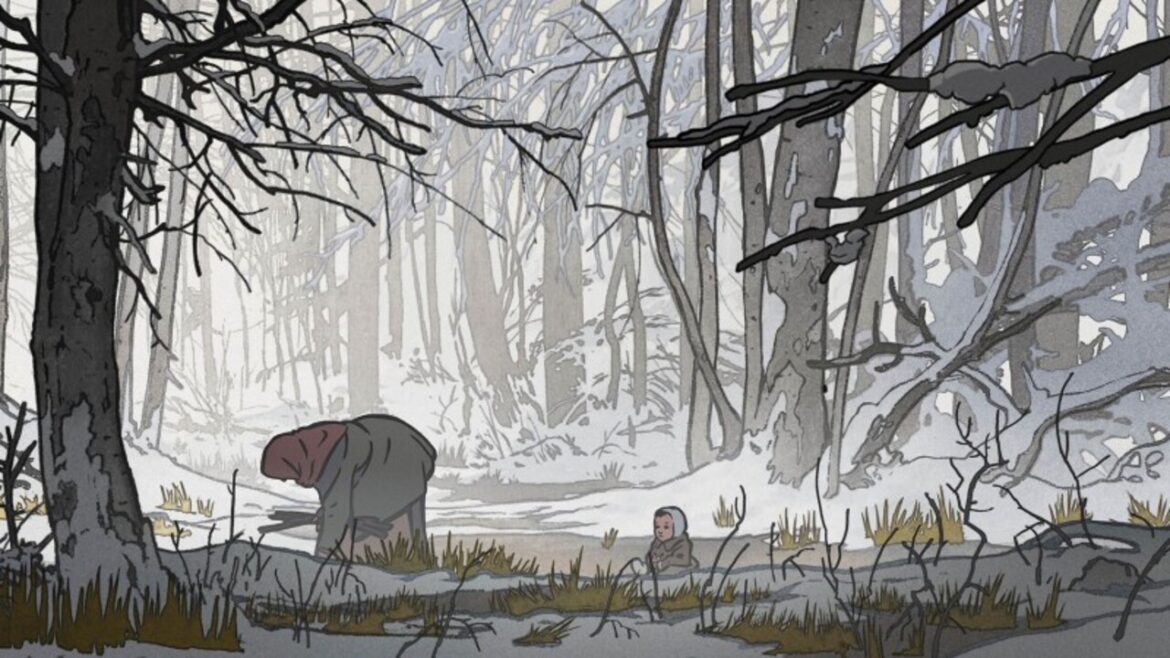Table of Contents
Film director Michel Hazanavicius’ film “The Most Precious of Cargoes” captured the attention of audiences during its premiere screening in Cannes last year. It is a postmodern Holocaust fairytale, which is certainly different from other films, such as Jonathan Glazer’s “The Zone of Interest” or Laslo Nemes’ “Son of Saul” . The film is inspired by a novella by author and screenplay writer Jean-Claude Grumberg, whose own father was killed in the Nazi death camps.
The Most Precious of Cargoes: Jean-Louis Trintignant’s last role
In this film, Jean-Louis Trintignant makes the final contribution of his career, and his voice informs the film’s story. Over a view of a central European forest, we see a Nazi train speeding by, carrying Jews to Auschwitz. A man makes the heartbreaking decision to take his wife, child, and baby and throw the infant over a snowy hill so someone can find him. And then, someone does find the baby.
The Most Precious of Cargoes: The Woodcutter’s Wife and Struggle
The film’s story revolves around a poor woodcutter’s wife (voiced by Dominique Blanc), who, in deep grief after the death of her child, rescues the infant. Her old and irritable husband (voiced by Grégory Gaudebois) is at first suspicious and hateful of the baby, but gradually comes to feel affection for him. But as the story progresses, the haters come closer and challenge them.
The Most Precious of Cargoes: Light but deep thoughts on the Holocaust
The film concludes with a twist-ending, with a postwar coda. The film’s narrator declares that yes, it is fiction, and a very imaginative story, but there are people in the world who deny the existence of the Holocaust. Through this complex comparison, the film gives the message to the audience that we must always stand up against hatred and fascism. However, the film presents the serious subject of the Holocaust in a light and sentimental way, and also features many cute cartoon birds and rabbits, which make the audience think.






